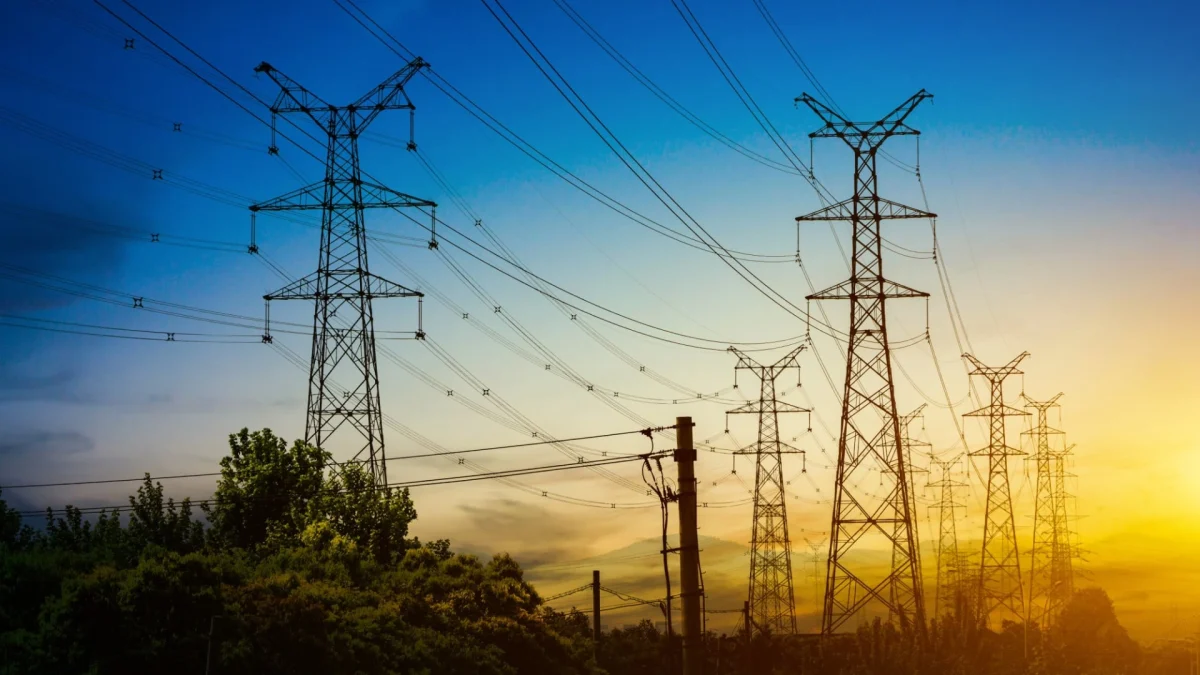Benin, Togo Owe Nigeria $11 million for Electricity Supply, Says NERC

The Nigerian Electricity Regulatory Commission (NERC) has revealed that Nigeria is owed over $11 million by neighbouring West African nations Benin and Togo for electricity supplied in the first quarter of 2025.
According to a newly released report by the commission, the two countries, which receive power through bilateral agreements with Nigerian generation companies, failed to meet their financial obligations. While Benin made only a partial payment, Togo reportedly made no remittance at all during the period under review.
Out of a total of $17.24 million invoiced to six international electricity customers in Q1 2025, Nigeria recovered just $5.8 million — representing a meagre 34% collection rate. The only country that fulfilled its payment obligation in full was Niger Republic, which settled its $3.03 million invoice.
The shortfall, particularly from Benin and Togo, has triggered concerns about the long-term viability of Nigeria’s cross-border electricity trade, especially as the country grapples with its own internal power sector challenges.
Domestically, the issue of non-payment is similarly acute. While some industrial customers paid their electricity bills in full, NERC reported that many others either defaulted or made partial payments, resulting in unpaid invoices running into hundreds of millions of naira.
Government-owned institutions were also flagged as significant defaulters.
“This poor payment culture — both domestically and internationally — poses a serious risk to the financial stability of Nigeria’s power market,” NERC said in a statement. “Persistent failure to meet payment obligations undermines investor confidence and jeopardises ongoing and future bilateral power agreements.”
Energy experts have warned that unless the federal government enforces stricter compliance and billing mechanisms, Nigeria could lose its strategic leverage as a regional power supplier.
They further noted that continued defaults could lead to worsening liquidity problems for electricity generation and transmission companies already operating under strained conditions.
With rising energy demand across West Africa, Nigeria’s ability to sustain its leadership as a power exporter depends not only on infrastructure investment but also on ensuring its trading partners and its own institutions respect payment agreements.
As NERC pushes for urgent reforms and stronger enforcement mechanisms, all eyes will be on how Nigeria balances regional cooperation with domestic financial stability in the energy sector.






